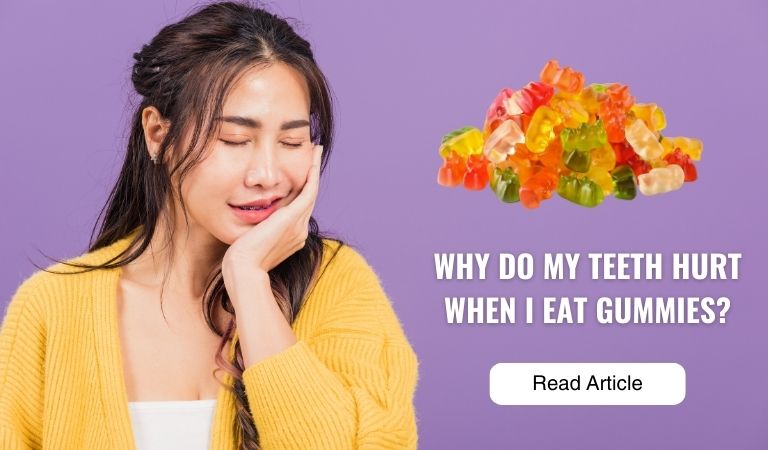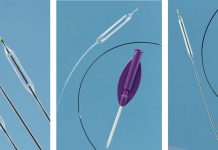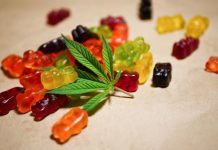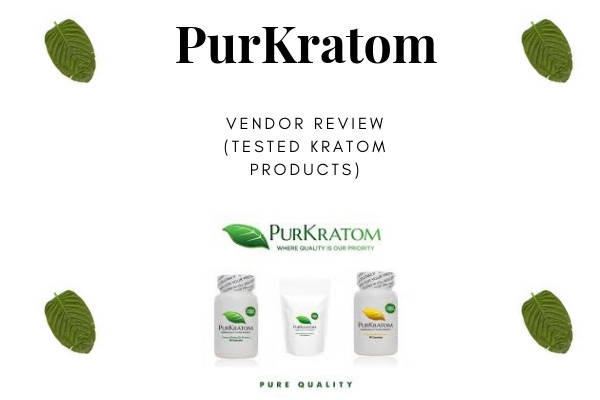For teeth, drinking or eating sweets is the primary factor in dental care. Sugar components in food can make teeth hurt, making them sensitive. If you consume sugar too often and do not practice regular oral hygiene, then it causes additional damage to the gums and teeth. Gummies sticky texture and sugar components cause teeth to hurt after eating them. Usually, gummies are made with a high sugar component; oral bacteria feed on this sugar, producing lactic acids. The lactic acid weakens the tooth’s enamel and leads to tooth decay.
Indeed, the gummies are mouth-watering, and you cannot stop yourself from having four at a time. But you cannot ignore its effect on your oral health. Whether you have it as candy or vitamins, you must know its impact on your health.
This article will discover whether gummies are bad for your teeth or just a myth. How can you consume it? How the gummies hurt my teeth and much more.
How Gummies Hurt My Teeth?
There is not a single reason for tooth decay when chewing gummies. We will discuss them one by one in great depth.
Sugar Content
Most of you must be curious to know why my teeth hurt when I eat gummies. Well, there is a scientific answer to it. The average pH level of the oral cavity is 6.7–7.3, which is alkaline. When teeth hurt after eating gummies, it causes a change in the pH balance. The sugar content in gummies offers food to the harmful bacteria in your mouth. So, these batteries produce lactic acid in the mouth and change the pH of the oral cavity. The lactic acid erodes the tooth enamel’s surface, leading to sensitivity and decay.
As per one study, there is a link between high sugar content and dental caries. Every 5 grams of sugar is linked with a 1 percent increase in the chances of developing caries.
Sticky Texture
Sticky texture is another main reason my teeth hurt when I eat gummies. Gummies usually have a chewy and sticky texture. So, it is the texture of the gummies that makes them stick between the teeth. The texture made it the favorite treat among the people, but it led to the decay of teeth. If the gummy residue remains on your teeth, it may cause toothaches, and you may need dental help.
Plaques Formation
Plaque is the leading cause of tooth decay. High intakes of gummies usually cause plaque formation. What is plaque? The sticky film covers the tooth with a film of harmful bacteria that feed on sugars. The plaques affect the enamel, which leads to decay.
Tooth Decay
Due to plaque layers on the tooth, tooth decay starts. It looks like a hole, and this hole gets deeper and bigger if left untreated. Bacteria, liquids, gummies, acids, and others all get inside it and cause severe pain that you have never experienced before.
Acidic Nature
Here is another reason why eating gummies hurt my teeth. The main ingredients of all the gummies are the acids, like citric acids. So, it leads to a reduction in the acid level of saliva. The high level of acids erodes the enamel and leads to toothaches. It gets worse when you are already experiencing enamel erosions.
Gums Wearout
Another reason why my teeth hurt when I eat gummies is the gum wears out. Gums protect the root of the tooth. With age, the gums weaken and leave the root exposed to the oral cavity. So, using high sugar content boosts the process of gum to wear out. While gummies are vital in damaging tooth health, rigorous tooth brushing and smoking can cause severe damage.
Are Gummies Bad Bad For Your Teeth?
The delicious mouth-watering gummies are not suitable for the teeth. Because the gummies consist of glucose, syrup, sugar, flavoring, gelatin, citric acid, and starch that boost the decay process, like other sweets, gummies can damage the tooth enamel and lead to tooth decay.
Can I Eat Gummies After Wisdom Teeth Removal?
Sticky food items like coffee, cramels, and gummies must be avoided for the first 5 days after the tooth removal. The gummies and other sticky food irritate the wound, leading to various issues.
When Can I Eat Gummies After Wisdom Tooth Removal?
After tooth removal, avoiding sticky and chewy foods for 5-7 days is advised. Here, avoid gummies, which have a sticky and chewy texture and can be easily stuck in the tooth extraction area, causing post-extraction infection.
The Best Gummies for Teeth
So, no one can stop themselves from having a mouth-watering treat in the form of gummies. Indeed, teeth hurt after eating gummies, but what to do? Have you heard of xylitol? It is the sweetener that is well-tolerated by mouth as the sweetener. As per one study, xylitol decreases dental caries by increasing saliva flow. So, it leads to several bacteria that hurt teeth.
How To Prevent Tooth Hurt After Eating Gummies?
Now you have the answer to “Why Do My Teeth Hurt When I Eat Gummies?” But how to avoid it? There are many means by which you can prevent tooth hurt.
- 1. After eating your favorite gummies, brush your teeth to remove acidic and sugary residues.
- 2. Go for toothpaste to strengthen tooth enamel and prevent the teeth from cavities.
- 3. Also, try to consume sugar-free gummies with vitamin C and irons.
As per the research, toothbrushing can help minimize the causes of tooth decay by consuming gummies, but it never reduces the risk.
Conclusion:
When it comes to enjoying your favorite gummies, the last thing you want is a toothache to ruin the taste and fun. But tooth pain after indulging in delicious gummies is also common. The high sugar content of the gummies, acidic ingredients, and sticky texture are the leading causes of toothache. Contact Arvada dental center to reduce such distress, it is vital to maintain good oral hygiene, limit the usage of sugary items, and rinse your mouth after eating gummies.
















